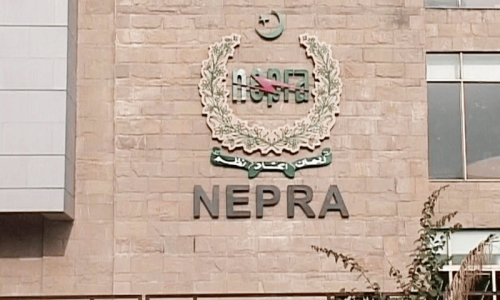
Part two of “Voters’ voice” focuses on what expectations female voters have from the government which will be formed as a result of the May 11 polls. Pakistan has a total of 37, 560, 654 registered female voters in the coming general elections, a number of whom face several issues mostly on account of predefined and rigid gender roles.
The videos below answer a few questions as to what women may be looking for from the future government and who they would want to represent them.
Click on each video to watch them in a larger size
The fallen matriarch
Karachi famously derives its name from a fisherwoman ‘Mai Kolachi’. In the past, women played a vital role in the country’s fishing villages. However, with time things have changed and so have the roles of women living in fishing communities. Now, these women are confined to performing roles within the house as opposed to working along the men of these communities.
Watch Aziza and Tahira, who hail from Ibrahim Hyderi, recall the days when they used to join their brothers and fathers on fishing excursions and how all of that has changed. The dynamics of this sociological change are mainly because of migration of these communities on account of economic and environmental policies. Although, these women have traditionally voted for PPP as others have in their villages, they seem to have other ideas this time around.
The budding politicianAlizeh Haider left a high-paying job in Dubai to move back to Pakistan and contest in the elections. She is among the few chosen by Pakistan Peoples Party for reserved seats for women. Daughter of former lawmaker Iqbal Haider, not only does Alizeh want to carry forward her father’s human rights work, she also has a few ideas of her own. Watch the video to know more about Alizeh’s vision if she becomes an MNA.
The breadwinnerNoor Fatima never got to study after her matriculation – something she regrets – and her daughters have had the same fate. After 15 years of marriage, her husband lost his business and Fatima had to become the family’s breadwinner. Taking a stand against those who were against her working, Fatima became a cook, shuttling from one house to the other, at times working 14 hours a day.
Getting a job also meant applying for a National Identity Card, which made her an eligible voter for the first time. With the elections coming up, she has decided to vote, for the first time. Watch the video to see who she supports and why.












































